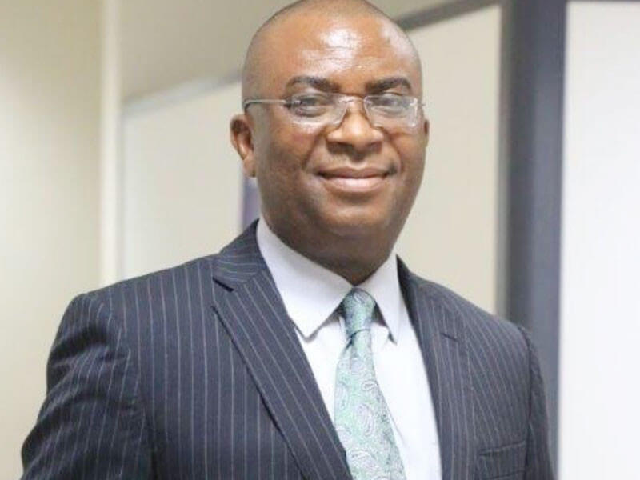- UNICEF develops new programme to tackle women, children health issues
The Central Bank of Nigeria (CBN) has moved to encourage women in business by setting aside 60 per cent of the N220 billion CBN loan set out for small and medium scales enterprises (SMEs) so that they can be gainfully involved in the private sector of the economy.
The remaining 40 per cent of the loan goes to other micro business entrepreneurs such as vulcanisers, hair salon owners, bakers, tailors, as well as other medium-scale businesses that help to promote production of goods in the country.
The apex bank also has decried the growing abuse of the naira through squeezing, selling, spreading and treading under-foot while dancing at public functions, hoarding by some Nigerians and those hawking the Naira.
The bank gave the clarification through its acting Director of Communication, Mr. Isaac Okoroafor at a recent two-day sensitisation /enlightenment workshop organised for industrialists, manufacturers, hairdressers, bakers, members of the All Farmers Association of Nigeria (AFAN), tailors and mechanics among others, with a theme ‘Promoting financial stability and economic development’ held in Owerri, capital of Imo State.
Okoroafor said the nationwide sensitisation exercise, which second phase had already taken place in 34 states of the federation, was meant to inform, educate and enlighten farmers and members of the business community on ways and means to promote and sustain their business outfits.
He warned that henceforth those who are fond of abusing the Naira would be liable to a 6-month imprisonment sentence or a fine of N50,000, or both in accordance with the Bank’s Act of 2007 when caught.
Insisting that the nation’s currency should be accorded equal respect and dignity with her national flag, the apex bank explained that the nation spends more than N100 to mint one single N100 note.
According to him, the issuance of legal tender currency, financial price stability and maintenance of exchange rate stability, developmental functions as well as commercial agricultural credit scheme and accelerated agricultural development schemes in addition to micro, small, medium scale development fund, natural collateral register now enjoy pride of place in the league of functions of the Bank.
During the workshop which featured lectures on Protection of the rights of bank customers, the bank’s Assistant Director Consumers Protection Department Othniel Tukur Nuhu spoke on the rights to privacy and confidentiality, right to redress, right for enquiry from bank officials when the need arises, duties of bank customers, knowledge of statement of accounts, knowledge of customers obligations, account officers and duty to protect bank instruments, among others.
According to Nuhu, the department stands on the three pillars of market conduct division, consumers’ education and complaint management division.
Meanwhile, the United Nations Children’s Fund (UNICEF), in her bid to capture effectively and solve ravaging health-related challenges that confront women and children in the society, has developed another five-year programme.
This was announced by the UNICEF Chief of Field Office, Enugu, Dr. Ibrahim Conteh, during the FGN/UNICEF country programme review /Planning meeting held at Nike Lake Resort, Enugu, recently.
Conteh explained that the review meeting was meant to look at what had been achieved in the first half of the year (January – June) and plan ahead to achieve positive result for the second half (July – December).
The UNICEF boss said the meeting was also intended to take count of how much had been done, and to arrange how best to achieve the remaining targets in the Field Office, Enugu.
He noted that in order to achieve effective result of the target, the States in the Field Office, were divided into two groups made up of Anambra, Benue and Enugu States in group one, and Abia, Ebonyi and Imo States in another group.
Executive Secretary of Enugu State Economic Planning Commission (ESEPC), Mr. Dan Onyishi said the major objective of the meeting was to review the 2018 work plan of implementation with a view to achieving better results in the next tranche.
“We intend to identify opportunities and strategies for accelerating progress in implantation in the second half of the year, July to December. We hope to identify bottlenecks and obstacles and their remedies”, he stated.
After interactive and group sessions, the meeting resolved that for improved implementation of programmes, there was need for improved funding of programmes in the states.
They commended UNICEF for concerted efforts in improving the health of women and children, and called on states to be more committed to such life-impacting programmes by prompt payment of counterpart funds.













